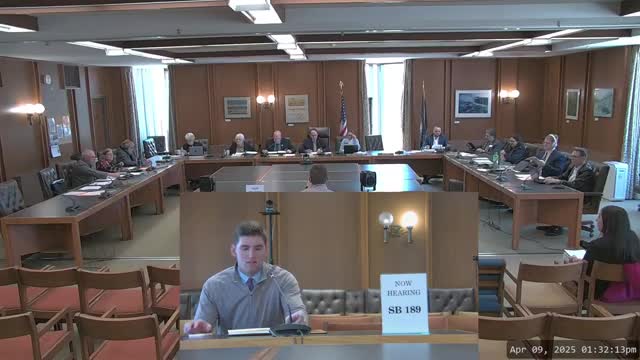Article not found
This article is no longer available. But don't worry—we've gathered other articles that discuss the same topic.

House Judiciary panel backs removing mandatory on-site cremation view by medical examiners

Panel hears bill to allow hospitals to file fetal death reports electronically

House Judiciary hears ‘slayer law’ bill; DOJ flags definitions, estoppel and asset issues

